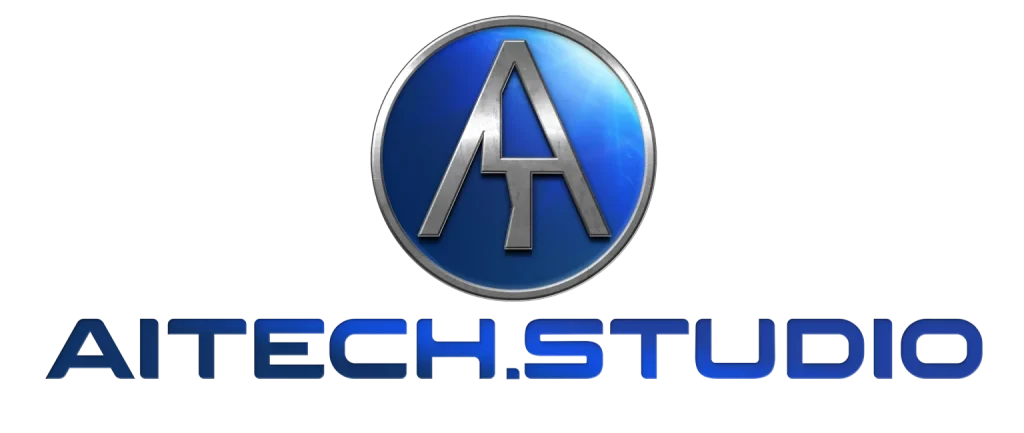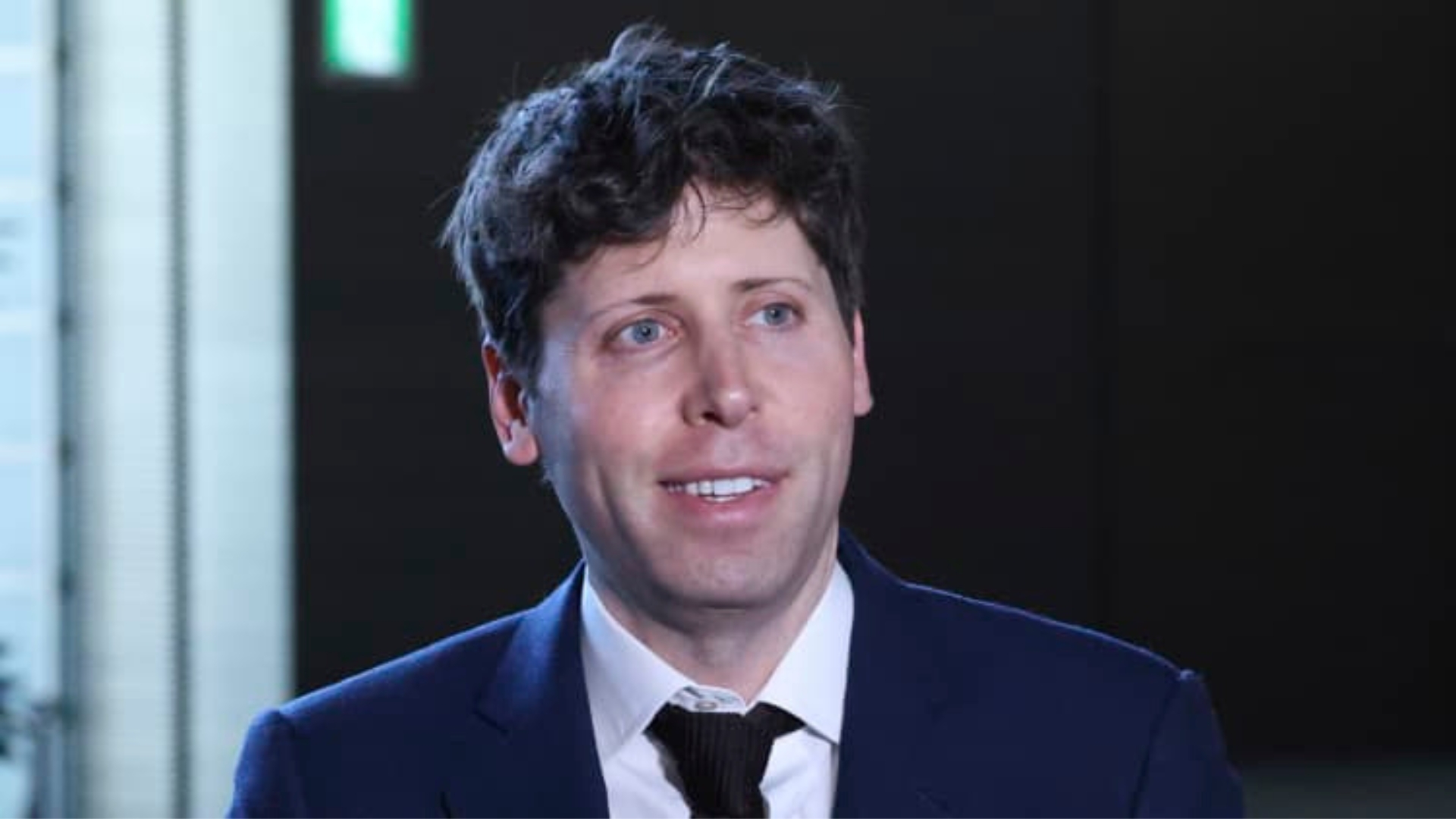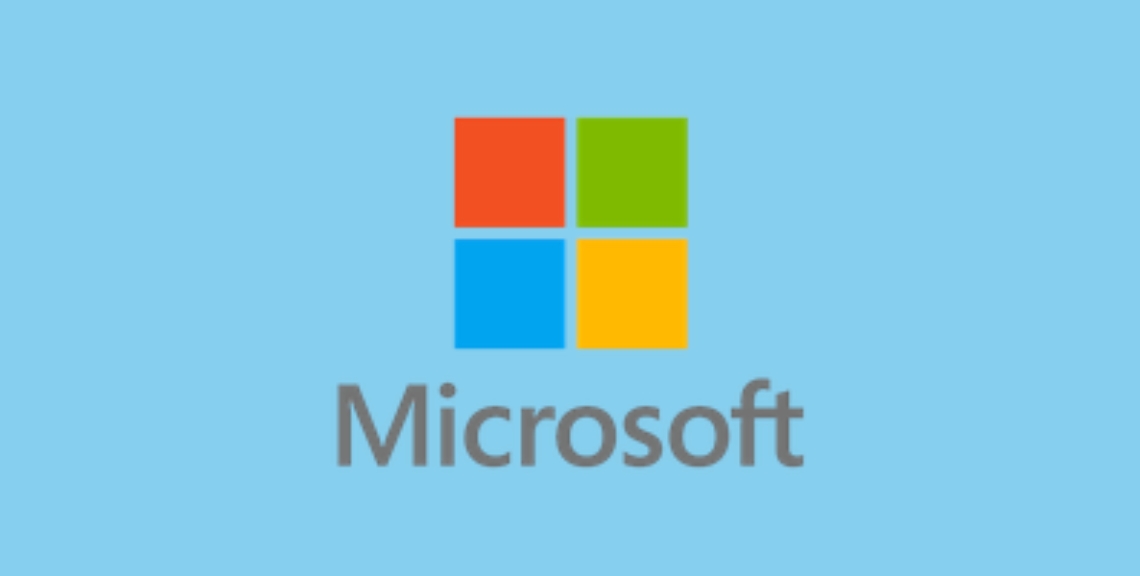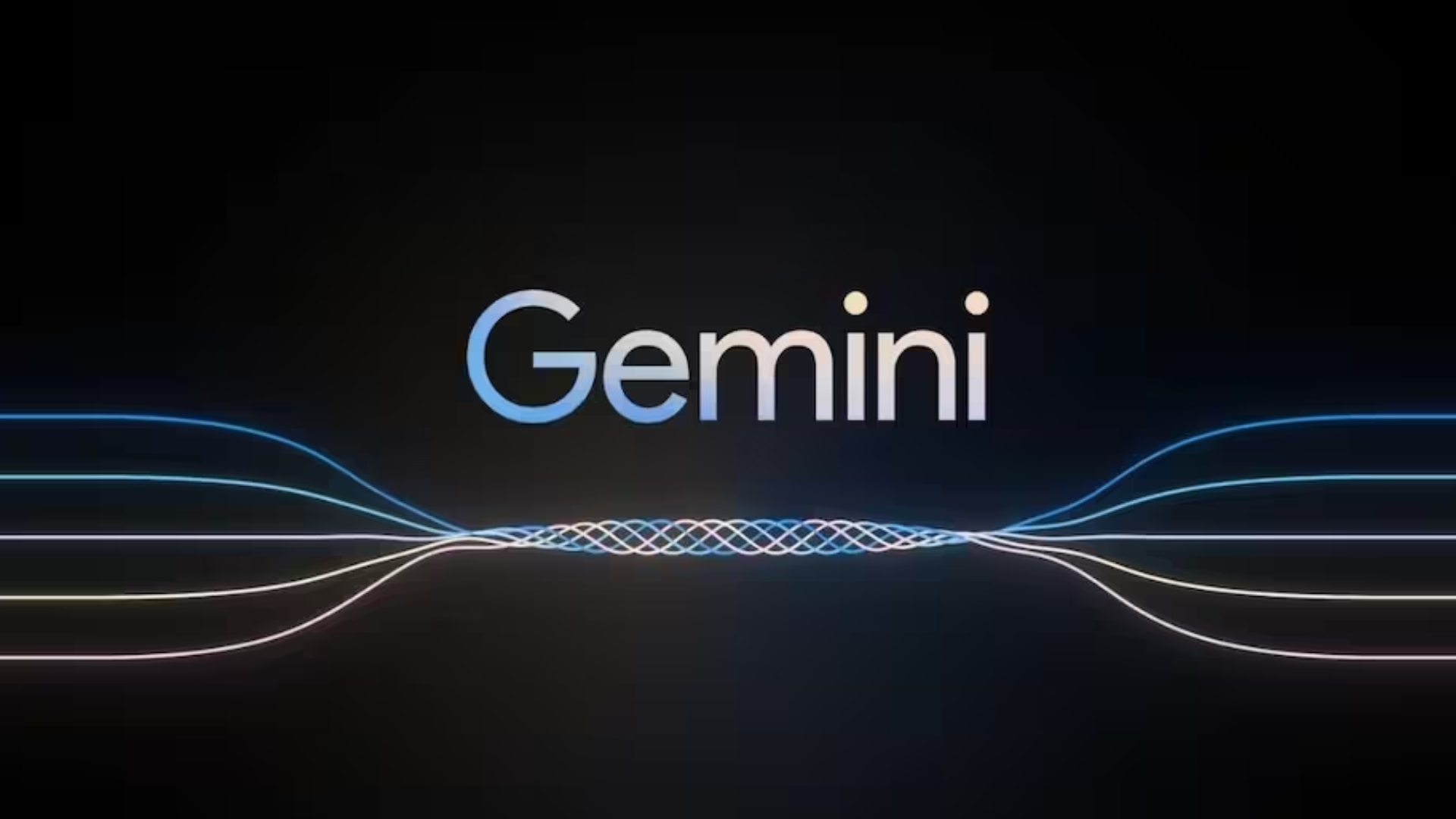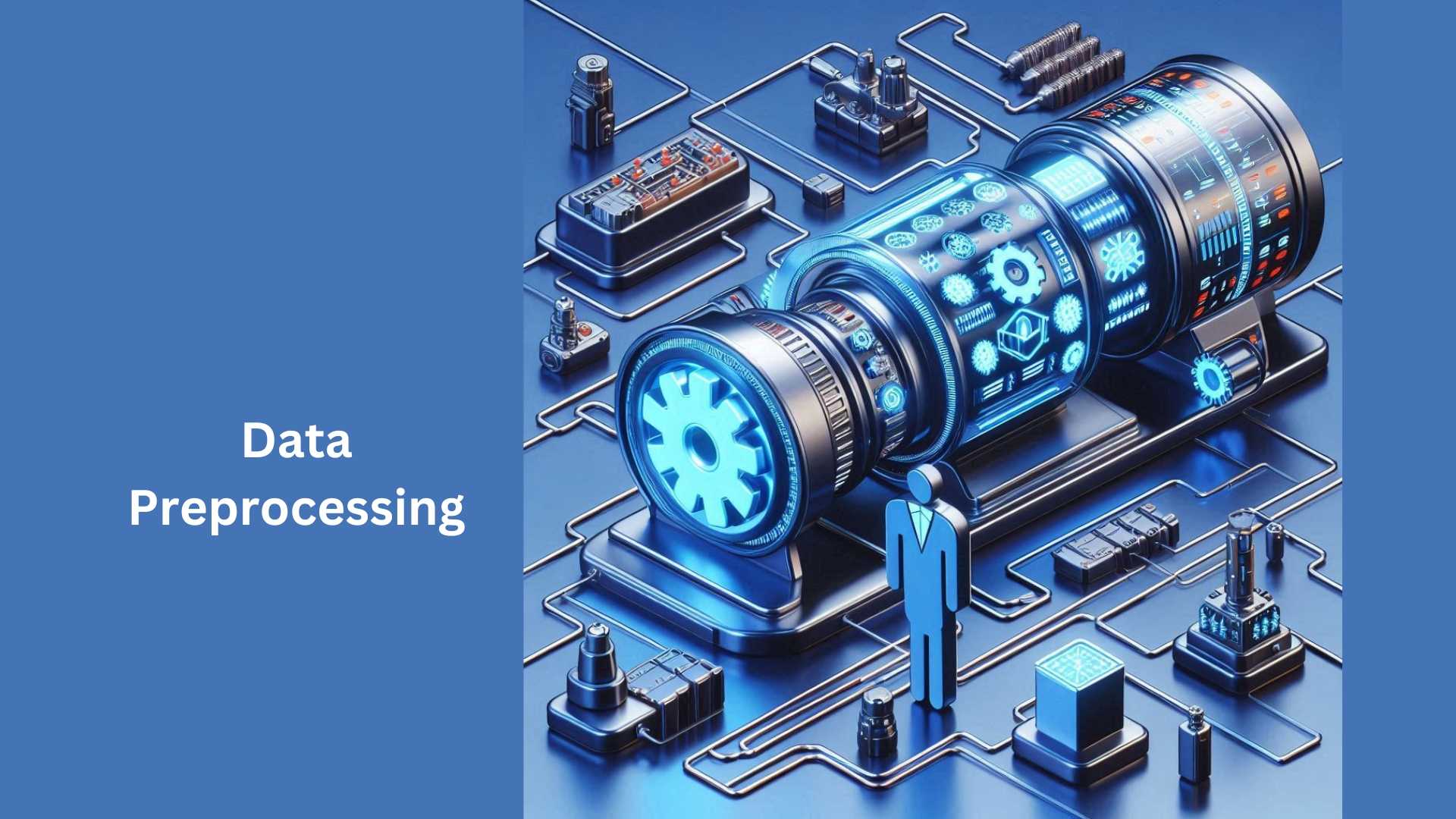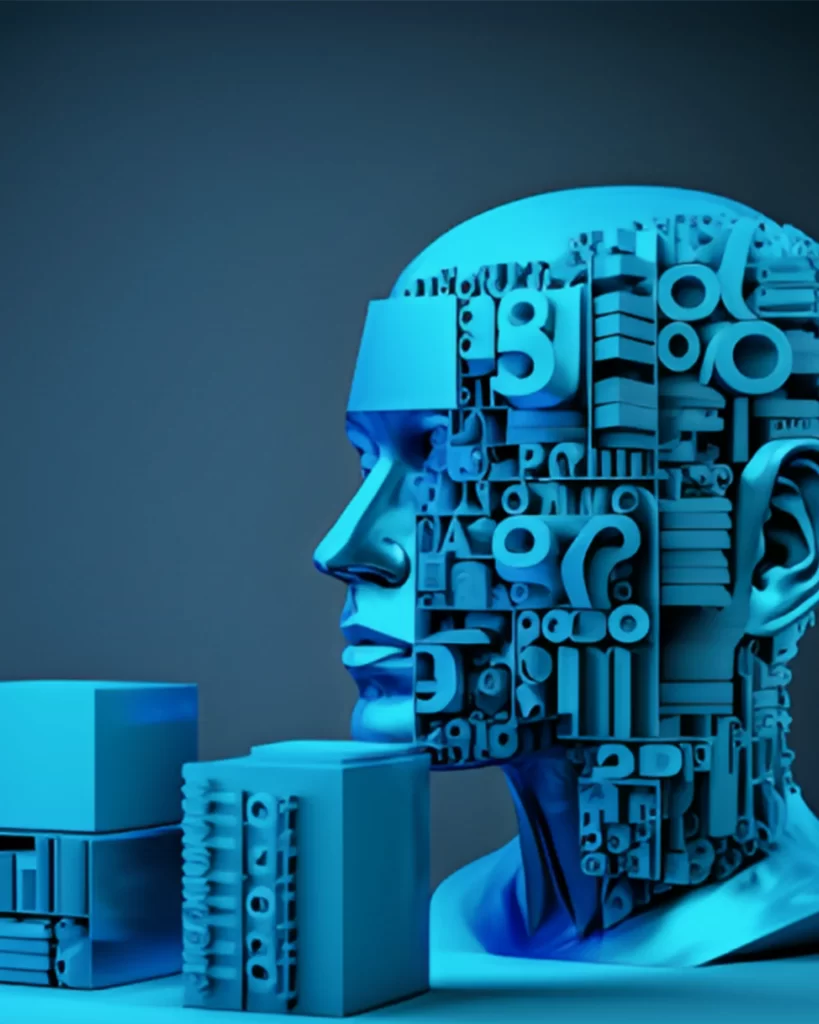The OpenAI board is in talks with Sam Altman for his return as CEO after his firing. Altman is “ambivalent” and also demands significant governance changes. If he leaves, OpenAI may lose key staff. The company faces turmoil, with President Greg Brockman resigning and also uncertainty about its future. Microsoft, OpenAI’s largest investor, remains committed, but Altman’s removal raises concerns. Power struggles within the company complicate the situation amidst new board dynamics.
OpenAI Board Negotiates Altman’s Return Amidst Turmoil
OpenAI’s governance changes raise speculation about implications for the organization and its flagship model. Sam Altman’s return as CEO and a revamped board leave questions about OpenAI’s future direction and its interactions with Microsoft.
A new three-person board, excluding the CEO, hints at a change in decision-making dynamics. This compact board may oversee vetting new members for potential expansion, possibly up to nine. A notable question arises about Microsoft’s role in obtaining seats, a factor previously absent.
Significant governance changes raise concerns about balancing commercial interests with OpenAI’s commitment to AI safety. OpenAI historically prioritizes responsible development. As the landscape evolves, an integrated approach is crucial.
The internal dynamics of OpenAI post-governance changes are yet to unfold. Potential warring factions and the time required for stabilization are also open questions. The restructuring marks a pivotal moment in OpenAI’s journey, and also the organization’s ability to navigate these changes will influence its standing as a leader in the AI space.
The recent Leading with a New Board signals alignment, benefiting Microsoft. Support for Sam Altman indicates shared interests with OpenAI. Microsoft’s significant investments in OpenAI strengthen its AI product ecosystem.
Microsoft’s pragmatic stance with OpenAI showcases strategic comprehension. Sam Altman’s return and potential leadership underscore Microsoft’s control and influence. This bolsters their strategic significance for Microsoft’s AI goals.
The collaboration between Microsoft and OpenAI extends beyond mere financial investments. It underscores the interdependence of the two entities in shaping the future of AI. With OpenAI’s models being integral to Microsoft’s AI products, the alignment in leadership and influence is crucial for seamless integration and mutual success.
Transformative governance changes settle. Industry keenly observes. OpenAI and Microsoft’s harmonious relationship shapes AI development. Governance evolution mirrors broader AI landscape challenges and also opportunities, balancing responsible development, commercial interests, and societal impact.
The OpenAI governance reshuffle is a complex transformation impacting internal dynamics, interests, and also the broader AI ecosystem. Microsoft’s consolidation raises questions about the future of responsible AI development.
Sam Altman’s return as OpenAI’s CEO marks a pivotal moment for AI advancement. Under his previous leadership, OpenAI achieved groundbreaking progress in advanced models. The recent announcement on Twitter disclosed Altman’s return agreement and also introduced a new initial board with Brett Taylor as chair, Larry Summers, and Adam D’Angelo.
Altman’s return is crucial, given OpenAI’s transformative growth under his prior leadership with Pioneering advancements occurred, hinting at a new era of innovation. Exploring the reasons for Altman’s departure and his motivations for returning provides insights into OpenAI’s current trajectory and future plans.
Crucial details include Altman’s role and the composition of the leadership team. Leading a New Board, and with figures like Brett Taylor, Larry Summers, and also Adam D’Angelo, will play a substantial role in shaping the company’s direction, influencing strategies in research, ethics, and also the practical application of AI.
Altman’s return sparks curiosity on OpenAI’s future direction. Will new projects emerge? How will technology align with ethics? Satya Nadela’s tweet reflects optimism, with highlighting Altman’s pivotal role in advancing OpenAI’s mission.
Altman, in his tweet, expressed his love for OpenAI and his dedication to keeping the team and its mission intact. The collaborative efforts with Microsoft and the support from Satya Nadela indicate a positive outlook for OpenAI’s future.
Greg Brockman, OpenAI’s CTO, shared the excitement about the progress made and expressed confidence in returning stronger and more unified. His commitment to coding and the team’s happiness, as seen in a shared photo, reflects a positive atmosphere following the decision.
OpenAI’s board restructuring marks a governance shift. The previous diverse board, with experts like Adam D’Angelo, Helen Toner, Tasha McAu, and also Ilia Suts, guided strategic direction. Under Brett Taylor’s leadership, the New Board blends innovation and corporate leadership, introducing a unique dynamic.
The presence of Larry Summers adds an economic and policy perspective to address broader societal and economic implications of AI advancements. Adam D’Angelo’s continuity ensures a bridge between old and also new governance structures, maintaining a connection to OpenAI’s vision.
OpenAI’s choice to open-source the AI model is pivotal. By democratizing access, it encourages equal participation, transparency, and creativity in the AI community. This resonates with Mark Zuckerberg’s vision for collaborative and also competitive growth in AI.
The forthcoming AI project and also its open-source nature have generated palpable excitement. The announcement coincides with a pivotal AI discussion orchestrated by U.S. Senate Majority Leader Chuck Schumer, providing an opportunity for OpenAI to unveil its latest AI developments and influence AI policies and regulations.
In parallel, the narrative unfolds in natural language processing (NLP), with Apple collaborating with Equal AI to address critical challenges in optimizing Transformer models. These developments underscore the dynamic landscape of AI across various tech giants.
OpenAI, led by Sam Altman, enters a transformative phase. Collaboration with Microsoft, diverse board, and also open-source commitment signal a new chapter in AI innovation, ethics, and accessibility. The future promises continued impact on the AI landscape.
Sam Altman’s return as OpenAI’s CEO has stirred buzz in the tech community. Reid Hoffman, a venture capitalist and early OpenAI investor, expressed immense satisfaction with Altman’s reinstatement. Hoffman emphasized Altman’s unique qualifications to guide OpenAI. He views the company not just as a business but as a crucial force for humanity’s benefit in the coming decades.
Hoffman emphasized Altman’s visionary leadership, stating his temporary removal hindered AI progress. Altman’s irreplaceable understanding and strategic vision pose risks to OpenAI’s mission without him.
The discussion expanded to the question of succession planning and also potential contingencies, with Hoffman acknowledging the importance of having qualified individuals ready to step in if Altman were unable to fulfill his role. While mentioning Greg Brockman as a capable candidate within the current OpenAI team, Hoffman advocated for de-risking by adding more individuals who share the same vision and mission.
Hoffman reflects on corporate governance and the recent upheaval at OpenAI. He expresses surprise at the Leading with a New Board decision to remove Altman and also the departure of two members. Hoffman sees it as a governance lesson and believes the Leading with a New Board will evolve with better processes. He attributes the unexpected events to some Leading with a New Board members misinterpreting their commitment to effective altruism. Hoffman emphasizes the need to balance risks against opportunities.
The conversation shifted towards Microsoft’s role and also potential ties with OpenAI. Hoffman commended Microsoft’s support, considering it a positive factor that contributes to progress in AI, emphasizing the importance of healthy competition in the industry. While acknowledging the possibility of collaboration, he refrained from commenting on the speculation of OpenAI becoming a part of Microsoft.
The interview persisted, and also with Hoffman discussing the AI existential threat debate. He emphasized balancing risks with AI opportunities, such as freeing humanity from repetitive jobs and providing free education and medical services. Hoffman stressed addressing serious risks, including geopolitical concerns, cautioning against sensationalized fears in science fiction.
Regarding OpenAI’s potential initial public offering (IPO) and also , Hoffman refrained from commenting on specific actions Altman should take upon his return. He noted that OpenAI was currently in a good financial position and also stated that going public would only be necessary if additional resources were required.
The interview concluded with a brief discussion on the pending tender offer for OpenAI employees, with Hoffman stating that it was too early to comment but expressing hope for improvements in governance over the next year. Overall, Hoffman’s insights provided a comprehensive perspective on the challenges and opportunities facing OpenAI and the broader landscape of AI development.
Key Words: aitech|ai optimized hardware | ai ops | artificial intelligence and cybersecurity | artificial intelligence | artificial ai | generative ai

